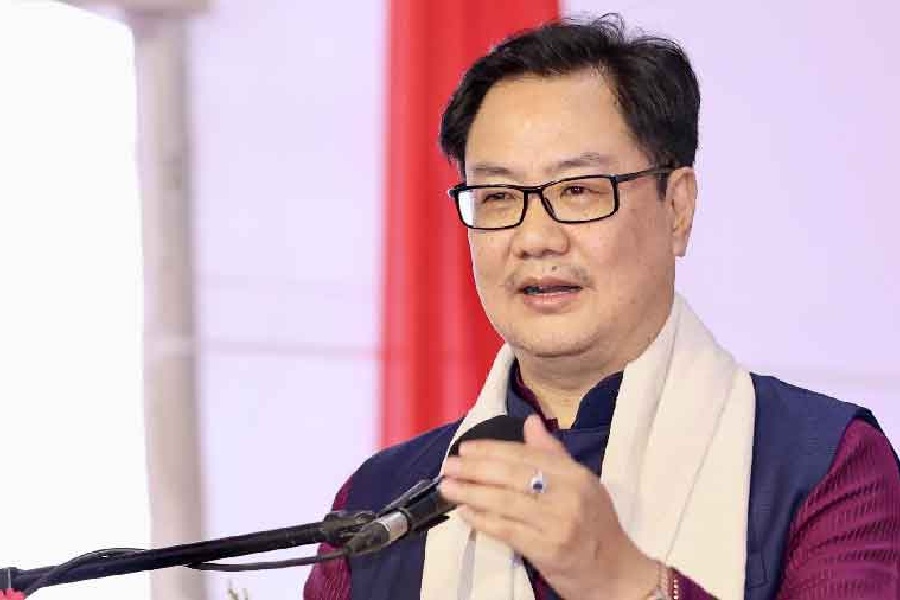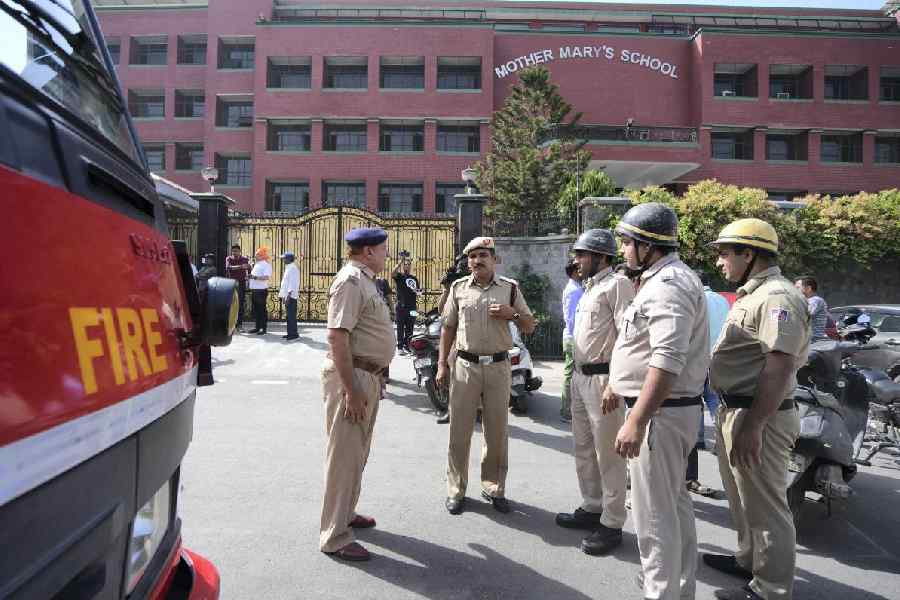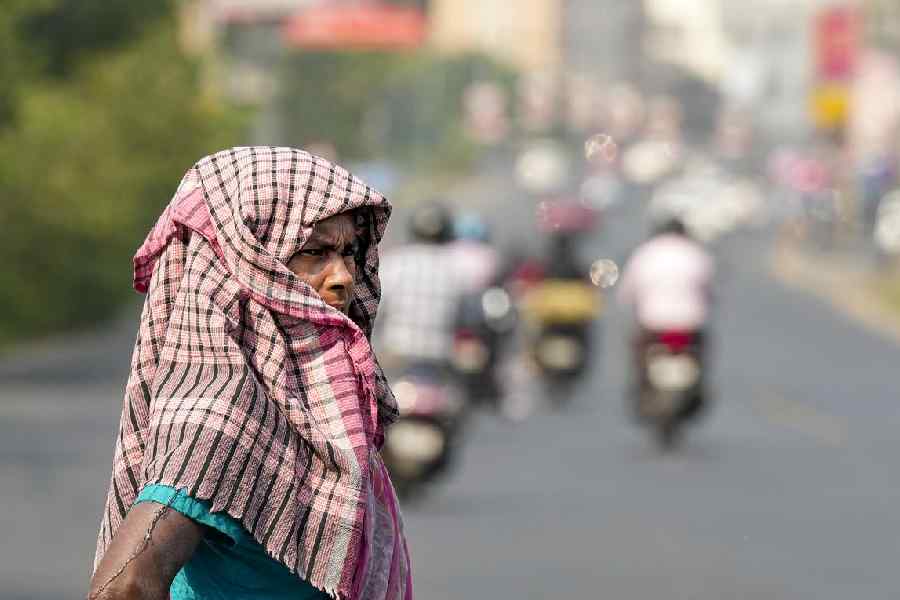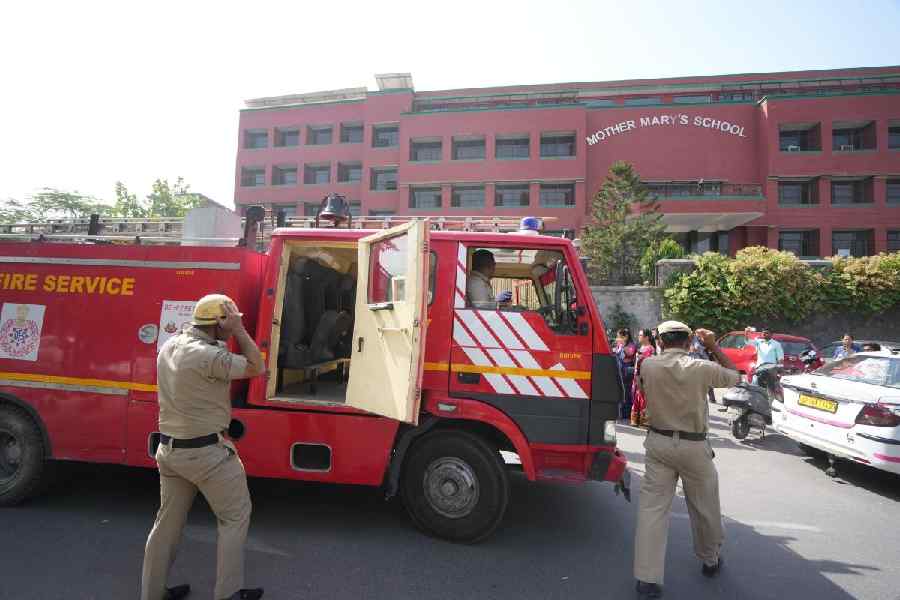The inauguration of the term in office of the new Maldives president, Mohamed Muizzu, late last week has signalled the end of India’s military presence on the archipelago. A day after taking charge, Mr Muizzu formally asked Kiren Rijiju, India’s earth sciences minister, who was visiting on the occasion, for the withdrawal of the 77-soldier strong contingent. The new leader of the Maldives ran and won the country’s September election on the plank of reducing Indian influence over the nation and had promised the removal of foreign troops. His request to Mr Rijiju was, thus, not surprising. Yet the promptness with which Mr Muizzu has chosen to follow up on his commitment to the Maldivian people is an indicator of the difficult times that New Delhi’s relationship with Malé faces in the coming months and years. The Indian soldiers in the Maldives are posted entirely for maintenance and support services they render to the host nation’s small military and its Indian-supplied aircraft. Still, there very presence and the public angst over it that Mr Muizzu and his mentor and former president, Abdulla Yameen, and their Progressive Party of Maldives have whipped up point to the suspicions that New Delhi must acknowledge it evokes among sections of its smaller neighbours.
What will worry India is the presence of a third player in its equation with the Maldives. Mr Muizzu has made it clear that he seeks stronger ties with Beijing. As a minister under Mr Yameen until 2018, the civil engineer-turned-politician oversaw several Chinese-financed infrastructure projects across the Maldives, building his reputation as a doer. At the inauguration, China was represented by its senior-most female politician, the state councillor, Shen Yiqin. At a time when China is increasingly competing with India in Bhutan — where a border deal might be imminent — and even Bangladesh, under New Delhi’s traditional friend, Sheikh Hasina Wazed, is bolstering ties with Beijing, Mr Muizzu’s election could serve as a setback for India’s strategic interests. But politics and geopolitics are both fickle. The Maldives owes China a large debt — a fifth of its GDP — and as Malé either bends to please Beijing or struggles financially to repay its loans, public opinion can shift. India must keep a steady hand, continue to offer the Maldives support where it is welcome, and refuse to take the bait if provoked. New Delhi should make it evident that its relationship with Malé is more about the people of that country than the government.










